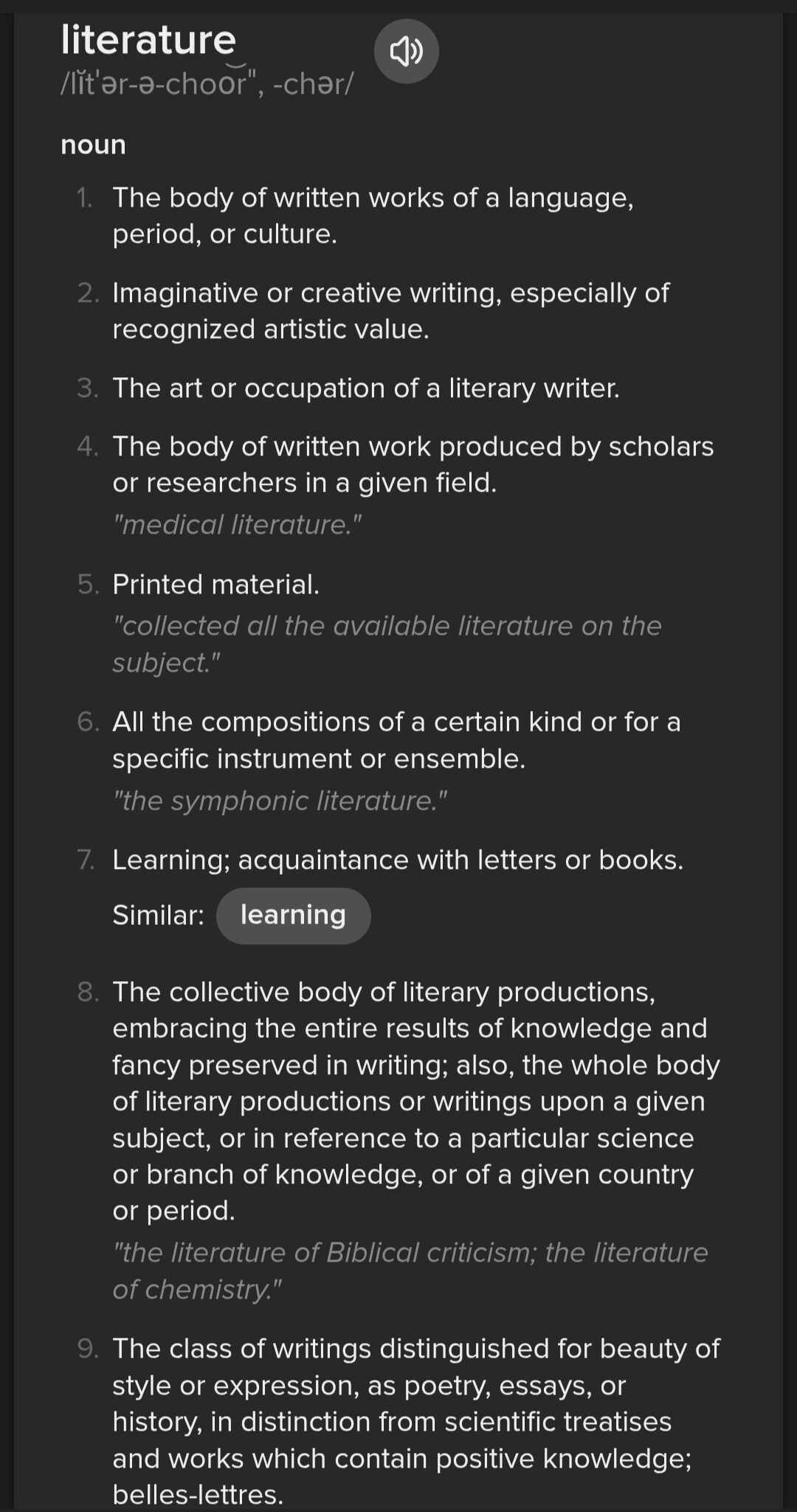

If this would play co op, even if it’s a player taking over a companion during mission, I’d be totally bought.


If this would play co op, even if it’s a player taking over a companion during mission, I’d be totally bought.
Uh, did I always use the word “literature” wrong?
Literature is not a genre… is it?



A 3D game where you’re locked inside a tower with tiny windows that allow you to see outside just enough to understand what’s happening out there while the knight navigates the fortress/castle. You have multiple forms of influencing what the knight does and what transpires outside (sending letters and packages with items, crafting said items or potions, using magic, commanding assistance from other loyal servants, distracting enemies, unveiling traps and puzzles to aid in the quest). The place can be a tower with multiple floors and as you progress you might gain access to new floors of tools, while also having maybe “putting out fires” elements such as keeping a dragon asleep with music, filling a moat so evil minions cannot cross, sending equipment and maybe even firing/camping enemies like a sniper but with a crossbow or smthn.
You make them feel trapped by limiting what they can see and do. When things go out of sight or cannot communicate effectively with the knight and limits their actions it then forces succinctness to their effect on their own rescue.
Dunno just an idea :)


Unpopular opinion maybe, but the take on being “I made a thing” narrator and a “I’ll break your thing” player feels like missing the point to me. I mean, you can build that dynamic and have fun if that’s what you’re into, but it is still collaborative, just that the narrator pretends to be challenged. In most ttrpgs, the narrator has almost complete control over the game. You can try to “compete” but it is never a real match, as the narrator can make your character/s disappear in an instant if she/he/they want. So this supposed pissing contest is really more like a dad playing pretend like he got bested by his kids in a fight. Which shows that this was never the point.
What to me really makes it work is setting up scenarios with a lot of input from the players and seeing the game unfold wherever they might take it. The narrator is given that power precisely because it should try to avoid controlling the story as much as it can, and instead interpret the world around the players (as if the world is the character the narrator controls) to develop surprising and captivating situations and events that play off of everyone at the table.
Also related, “Dungeon master” sounds outdated, as it points to a person that controls a 1 vs many boardgames like Descent, Mansions of Madness or Imperial Assault. Which is why the collaborative storytelling is, to me, what sets it apart from other games. One can definitely have competitive storytelling (Everyone is John), but lets not kid ourselves thinking that’s what goes on in most ttrpg games being played.


“Ha de sarar” from Maro


I’m with you but just for the sake of hypothesizing an answer, it might be that those who like it or don’t think too much about it just read, upvote, and move on. While those who have comments click and share.


Would love to see more Legend of the Five Rings (L5R) or World/Chronicles of Darkness (CoD) love around. I think CoD has one of the best systems out there to play modern and contemporary settings imo. Also, long live Mage (MtA)!
I think people misunderstand how genetics work. What you say about a fantasy war is something that has been bothering me for a while, as this idea of “which genes get passed and which not” seems to stem from real phenomena, but are very poorly understood in its workings. Very few genes have high heritability, many are pleiotropic, many we have yet to understand what they do, and between humans we are absurdly similar to each other, yet as a population we have immense genetic diversity. The last two statements might seem opposing, but it is about the scope we look through. But once you understand this, any child is just like yours, and adopting becomes a better option ethically. This rhetoric of passing genes for selfishness and such are based on the ideas about genetics people tend to have but have little base in how it really works. The reality is much more complex, and nurture plays an absurdly large role in shaping us.
I think it also bothers you as much as it does to me because the argument is used in a way to get people anxious about societal implications for their immediate choices based on things that nobody knows how they would play out. It is guilt tripping, and so it feels like a bad faith argument to convince people of making big decisions.
That being said, I’m not against people having kids. People do what they want, but don’t do it for any population genetics duty notion that you think you should fulfill. There are plenty better reasons to do so imo.